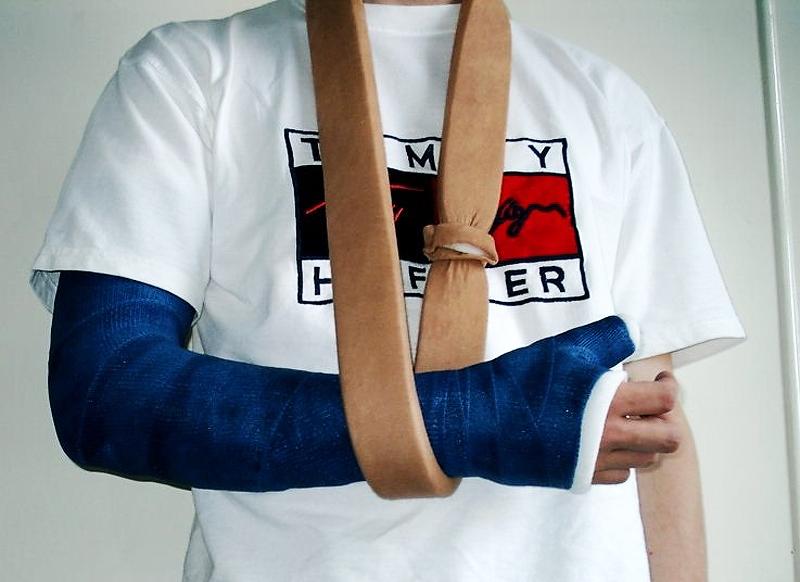Sports Injuries
April 3, 2014
A fractured clavicle is more excruciating than I ever anticipated. Then again, I never anticipated that breaking my collarbone was a risk of participating in the hurdles at SDA either.
Sports injuries are, in many cases, inevitable, but are inevitably very frustrating. My response, over and over, when people said, “I’m sorry,” or “how do you feel?” was simply, “It happens.”
As any athlete knows, though, being injured is so much more than an “it happens” situation. It is near impossible to not blame yourself.
For the seemingly endless track runners with shin splints, it must be difficult to not wonder “if only I hadn’t pushed so hard, could I be ahead of the pain?” When I fell and landed with tremendous force on my shoulder I was instantly in a world of regret for not maintaining better form.
Senior John Landers has been forced out of just about every sports season he has participated in for the last two years, whether it is soccer, track, or cross country due to tendinitis in his Achilles.
“It sucks not being able to run and being able to feel myself losing all of the work I put into getting ready for the season,” Landers said. “When I am finally able to run again it’ll be like I’m starting over again, which will be frustrating since everybody else will have a 2 or 3 week lead on me.”
Despite the frustration, though, those of us with sports-related injuries will have to keep a positive attitude if we hope to succeed in the future with our activities. The mental aspect of being injured is just as crucial, if not more so, than the physical. Being determined to heal and refusing to give up has held me steady thus far (though it has only been a week since my break).
As track coach Darrell Driscoll said, “Getting injured is part of being an athlete. It’s how you deal with it that counts.”

